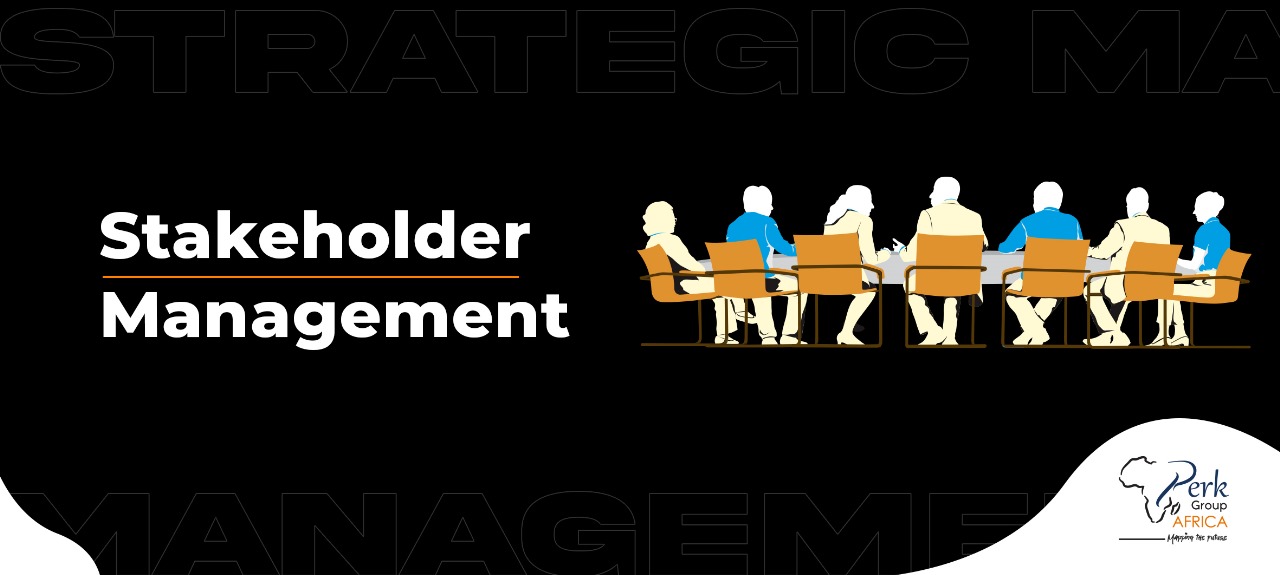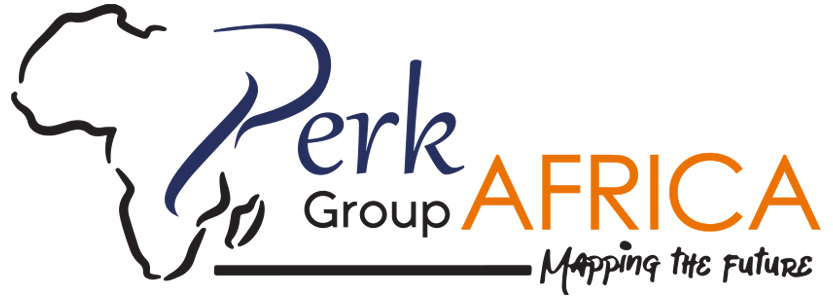
Training Course on Stakeholder Management and Engagement
Course Overview
In the world that we are living in, being able to manage the different stakeholder groups is key to being able to sustain the business. Stakeholders have become an integral part in the operations of the business and therefore understanding the impact a business has upon different groups as well as the stakeholder’s impact upon the organisation is paramount for success. This course is therefore designed to create a greater understanding of the operations of an organisation and how to manage different stakeholder groups.
Who should attend the course
The following professionals at the workplace;
- Program directors
- Business stakeholders
- Employees in management level
- Project directors
- Anyone who is responsible for managing the contributions of those interested in a project.
Course objectives
By the end of the course the participant should be able to;
- Understand how to manage stakeholders effectively by following steps involved in stakeholder analysis.
- Examine stakeholders for influence, impact and attitude
- Understand the right negotiation techniques in different situations
- Formulate a communication and management plan for stakeholders by removing barriers to communication.
- Design and develop a strategy for the engagement of stakeholders
- Lead change and build ongoing relationships with people to ensure success
Benefits of the course to the organization
- Gain competitive advantage by understanding the different perspectives of their stakeholders
- Effective decision making by understanding the views and interest of the collaborators
- Identify new trends in the market and enhance brand image
- Build lasting credibility and trust in the organization while increasing profits and saving time.
Personal benefits to the participants
- Develop competency to manage self and improve leadership skills by understanding how to build consensus among various stakeholders and influence the outcome
- Understand how to effectively lead change management at the work place and improve productivity at work.
- Enhancing interpersonal relations and skills to influence teams and stakeholders.
Course Duration: 5 days
Course Outline
Module 1: Introduction
By the end of this session you will be able to:
- Understand who are stakeholders and their importance to the business
- Clearly identify the different stakeholder groups
- Explain the importance of carrying out stakeholder analysis.
- Identify and list all the stakeholders classifying them into primary and secondary stakeholders
- Carry out an assessment of project sponsor
- Understand the areas of concern of different stakeholders
- Document the needs of stakeholder in order to devise methods of satisfying them
- Be able to consider the characteristics of each of the stakeholders and their groups
Module 2: Stakeholder management strategies
By the end of this session you will be able to:
- Explain the life cycle of stakeholder management
- Analyze the different techniques of stakeholder management
- Manage stakeholders by applying mendelow matrix in stakeholder management.
– Power vs interest grid
– Influence vs impact grid
– Power vs influence grid
– Importance vs influence grid
- Apply salience model in stakeholder management
- Carry out stakeholder analysis techniques and prioritization
- Formulate stakeholder management plan.
Module 3: Communication with stakeholders
By the end of this session you will be able to:
- Understand how to develop communication plan for stakeholders
- List the barriers to communicating with stakeholders and how to overcome them
- Determine the practices for effective communication for each group of stakeholders
- Determine which techniques of communication will be the most effective for each group of the stakeholders.
- Understand which requirement presentation format will be most suited for the groups
- Formulate a stakeholder analysis worksheet and identify points where communication with each stakeholder will be most effective
- Identify what kind of reports need to be shared with each of the stakeholders
- Determine best communication technique for each stakeholder
Module 4: Working with stakeholder groups
By the end of this session you will be able to:
- Understand the difference between groups and teams
- Explain different types of teams and how to deal with them
- Analyse various team roles at the workplace
- Apply team management based on Adair’s Three Circle Model
- Apply Kolb’s learning styles and experiential learning cycle to asses team results
Module 5: Stakeholder engagement, Evaluation and Action plan
By the end of this session you will be able to:
- Determine the approach to manage stakeholders and understand how to build internal capacity through trust and credibility
- Identify and choose the best method for engaging stakeholders
- Formulate metrics for measuring the success of engagement
- Review engagement and share feedback with the stakeholders
- Formulate an action plan for feedback and further discussion.
Note: This outline provides a general structure for the training. The specific content, activities, and duration of each session may be adjusted based on the target audience, learning objectives, and available time.
Classroom Training Schedule
| Start Date | End Date | Location | Cost | Apply |
|---|---|---|---|---|
| Jul 14, 2025 | Jul 18, 2025 | Nairobi | $ 1050 | Register |
| Aug 18, 2025 | Aug 22, 2025 | Nairobi | $ 1050 | Register |
| Sep 22, 2025 | Sep 26, 2025 | Nairobi | $ 1050 | Register |
| Oct 27, 2025 | Oct 31, 2025 | Nairobi | $ 1050 | Register |
| Dec 01, 2025 | Dec 05, 2025 | Nairobi | $ 1050 | Register |
Virtual Training Schedule
| Start Date | End Date | Location | Cost | Apply | |||
|---|---|---|---|---|---|---|---|
| Aug 04, 2025 | Aug 08, 2025 | Online | $ 400 | Register | |||
| Sep 08, 2025 | Sep 12, 2025 | Online | $ 400 | Register | |||
| Oct 13, 2025 | Oct 17, 2025 | Online | $ 400 | Register | |||
| Nov 17, 2025 | Nov 21, 2025 | Online | $ 400 | Register |
Course Language
This Training course is offered in ENGLISH . Please indicate the language of choice during registration.
Course Delivery
Presentations are well guided, practical exercise, a plenary presentation, and group work. Participants are encouraged to bring any data relevant to their job responsibilities. This is hands-on, product-oriented training and will mostly involve practical exercises. Each participant MUST bring along their own working laptop and android phone.
Certification
Upon completion of training, the participant will be issued with a certificate of Completion.
Tailor-Made Course
3 months post-training support, consultation, and coaching is a guarantee from us and will be available after the course.We can also do this as a tailor-made course to meet organization-wide needs. Contact us to find out more: training@perk-gafrica.com.
